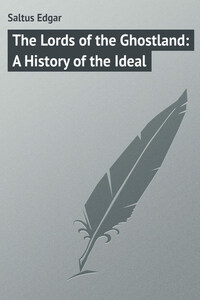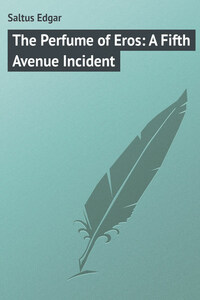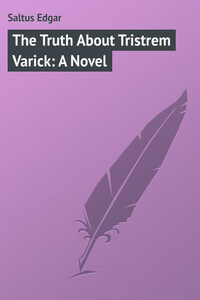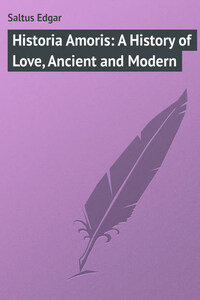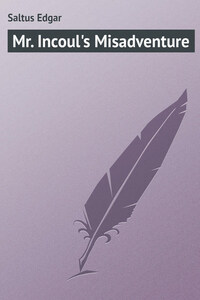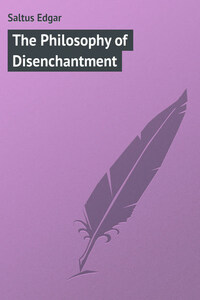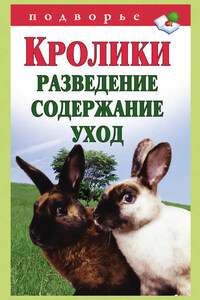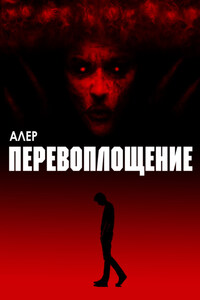THE ideal is the essence of poetry. In the virginal innocence of the world, poetry was a term that meant discourse of the gods. A world grown grey has learned to regard the gods as diseases of language. Conceived, it may be, in fevers of fancy, perhaps, originally, they were but deified words. Yet, it is as children of beauty and of dream that they remain.
"Mortal has made the immortal," the Rig-Veda explicitly declares. The making was surely slow. In tracing the genealogy of the divine, it has been found that its root was fear. The root, dispersed by light, ultimately dissolved. But, meanwhile, it founded religion, which, revealed in storm and panic, for prophets had ignorance and dread. The gods were not then. There were demons only, more exactly there were diabolized expressions invented to denominate natural phenomena and whatever else perturbed. It was in the evolution of the demoniac that the divine appeared. Through one of time's unmeasurable gaps there floated the idea that perhaps the phenomena that alarmed were but the unconscious agents of superior minds. At the suggestion, irresistibly a dramatization of nature began in which the gods were born, swarms of them, nebulous, wayward, uncertain, that, through further gaps, became concrete, became occasionally reducible to two great divinities, earth and sky, whose union was imagined – a hymen which the rain suggested – and from which broader conceptions proceeded and grander gods emerged.
The most poetic of these are perhaps the Hindu. At the heraldings of newer gods, the lords of other ghostlands have, after battling violently, swooned utterly away. But though many a fresher faith has been brandished at them, apathetically, in serene indifference, the princes of the Aryan sky endure.
It is their poetry that has preserved them. To their creators poetry was abundantly dispensed. To no other people have myths been as frankly transparent. To none other, save only their cousins the Persians, have fancies more luminous occurred. The Persians so polished their dreams that they entranced the world that was. Poets can do no more. The Hindus too were poets. They were children as well. Their first lisp, the first recorded stammer of Indo-European speech, is audible still in the Rig-Veda, a bundle of hymns tied together, four thousand years ago, for the greater glory of Fire. The worship of the latter led to that of the Sun and ignited the antique altars. It flamed in Persia, lit perhaps the shrine of Vesta, afterward dazzled the Incas, igniting, meanwhile, not altars merely, but purgatory itself.
In Persia, where it illuminated the face of Ormuzd, its beneficence is told in the Avesta, a work of such holiness that it was polluted if seen. In the Rig-Veda, there are verses which were subsequently accounted so sacred that if a soudra overheard them the ignominy of his caste was effaced.
The verses, the work of shepherds who were singers, are invocations to the dawn, to the first flushes of the morning, to the skies' heightening hues, and the vermillion moment when the devouring Asiatic sun appears. There are other themes, minor melodies, but the chief inspiration is light.
To primitive shepherds the approach of darkness was the coming of death. The dawn, which they were never wholly sure would reappear, was resurrection. They welcomed it with cries which the Veda preserves, which the Avesta retains and the Eddas repeat. The potent forces that produced night, the powers potenter still that routed it, they regarded as beings whose moods genuflexions could affect. In perhaps the same spirit that Frenchmen assisted at a lever du roi, and Englishmen attend a prince's levee, the Aryan breakfasted on song and sacrifice. It was an homage to the rising sun.
The sun was deva. The Sanskrit root div, from which the word is derived, produced deus, devi, divinities – numberless, accursed, adored, or forgot. The common term applied to all abstractions that are and have been worshipped, means That which shines and the name which, in the early Orient, signified a star, designates the Deity in the Occident to-day.
Apologetically, Tertullian, a Christian Father, remarked: "Some think our God is the Sun." There were excuses perhaps for those that did. Adonai, a Hebrew term for the Almighty, is a plural. It means lords. But the lords indicated were Baalim who were Lords of the Sun. Moreover, when the early Christians prayed, they turned to the East. Their holy day was, as the holy day of Christendom still is, Sunday, day of the Sun, an expression that comes from the Norse, on whom also shone the light of the Aryan deva.
To shepherds who, in seeking pasture for their flocks, were seeking also pasture for their souls, the deva became Indra. They had other gods. There was Agni, fire; Varuna, the sky; Maruts, the tempest. There was Mithra, day, and Yama, death. There were still others, infantile, undulant, fluid, not infrequently ridiculous also. But it was Indra for whom the dew and honey of the morning hymns were spread. It was Indra who, emerging from darkness, made the earth after his image, decorated the sky with constellations and wrapped the universe in space. It was he who poured indifferently on just and unjust the triple torrent of splendour, light, and life.
